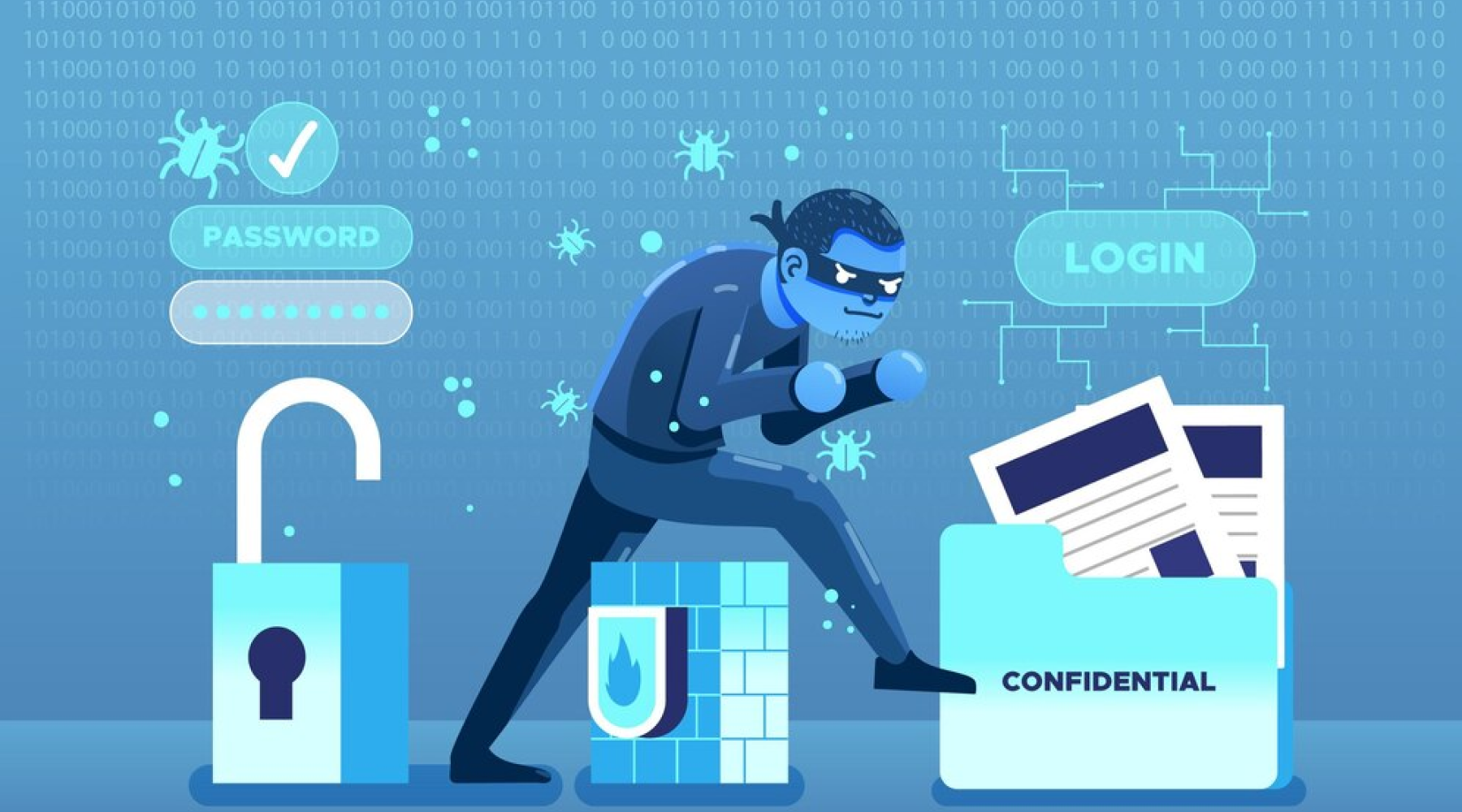Small and medium-sized enterprises (SMEs) are the backbone of the global economy, driving innovation and employment across industries. However, their growing reliance on digital systems has made them prime targets for cybercriminals.
According to a report, 43% of cyberattacks target small businesses, with many facing issues to recover from the financial and reputational damage.
This is where a cyber security warranty for small businesses comes into play—a critical layer of protection providing financial security as well as peace of mind.
Let’s explore how cyber warranties are reshaping the way SMEs combat cyber risks and why they’re an essential part of modern business strategies.
What Is a Cyber Security Warranty for Small Businesses?
A cyber security warranty acts as a financial safety net for businesses when they experience a cyber incident, like ransomware attack or data breach. Unlike insurance, which compensates for damages after the fact, cyber warranties are often tied to proactive cybersecurity measures. They provide reimbursement or financial support if these measures fail to prevent an attack.
These warranties are particularly valuable for SMEs, which often lack the resources to maintain large-scale cybersecurity infrastructure. They offer:
- Financial coverage for costs related to cyberattacks, such as legal fees, data restoration, and business interruption.
- Increased trust in security tools, as warranties are often bundled with advanced cybersecurity solutions.
Why Are Cyber Warranties Vital for SMEs?
Cyber Threats Are Escalating
Cyberattacks on SMEs are more common than many realize. In 2023, a report by Cybersecurity Ventures projected that ransomware damages would exceed $20 billion annually. Without adequate protection, even a single attack can cripple an SME’s operations.
Small businesses often lack dedicated IT teams, making them easier targets for phishing scams, malware, and ransomware. A cyber security warranty ensures that even if an attack occurs, financial damages are mitigated.
SMEs Are Financially Vulnerable
Unlike large corporations, SMEs typically operate on tighter budgets, leaving little room to absorb unexpected losses. After a cyberattack, the costs of recovery—legal expenses, downtime, and customer compensation—can be overwhelming.
Studies show that 60% of small businesses close within six months of a cyber incident. A cyber security warranty provides a financial cushion, helping businesses recover without depleting their resources.
Enhances Confidence in Cybersecurity Investments
Many SMEs hesitate to invest in cybersecurity tools, fearing they won’t be effective. Cyber warranties address this hesitation by tying financial coverage to specific security solutions. This alignment builds confidence that the tools are reliable, and if they fail, there’s a financial fallback.
What Does a Cyber Security Warranty Typically Cover?
A comprehensive cyber security warranty for small businesses may include:
- Ransomware Reimbursement
Covers ransom payments and associated recovery costs if preventive measures fail. - Data Breach Expenses
Helps with costs like customer notifications, credit monitoring, and regulatory fines. - Business Interruption
Compensates for revenue loss during system downtime caused by a cyberattack. - Legal and Regulatory Costs
Provides funds for defending against lawsuits and addressing compliance violations. - Incident Response Support
Ensures access to experts for faster recovery and damage mitigation.
Real-World Impact: Cyber Warranties in Action
Scenario 1: Battling Ransomware
A small e-commerce store faced a ransomware attack, encrypting customer order data. Their cyber security warranty covered the ransom payment and data restoration costs, allowing them to resume operations within 48 hours.
Scenario 2: Managing a Data Breach
A healthcare startup experienced a data breach exposing patient information. The warranty provided financial support for customer notifications, regulatory fines, and public relations efforts, helping the company maintain trust with its clients.
How to Choose the Right Cyber Security Warranty
Not all cyber warranties are created equal. Here’s what SMEs should consider when selecting one:
Assess Your Cyber Risks
Identify vulnerabilities in your systems. Are you at higher risk for ransomware, phishing, or insider threats? Go for a warranty that aligns with your specific needs.
Evaluate Coverage Scope
Ensure the warranty covers key areas like ransomware, business interruption, and legal fees.
Check the Security Tools Tied to the Warranty
Many warranties are bundled with cybersecurity tools or software. Verify their effectiveness and compatibility with your systems.
Understand Exclusions
Look for any limitations, such as exclusions for outdated software or negligence, that might void coverage.
Compare Costs and Benefits
Balance the cost of the warranty with the potential financial risks it mitigates.
The Bigger Picture: Building Resilience
A cyber security warranty for small businesses isn’t just about financial recovery; it’s about building resilience. When paired with robust cybersecurity practices, such as multi-factor authentication, regular employee training, and software updates, it creates a multi-layered defense against cyber threats.
For example, businesses using advanced endpoint detection systems have reported a 70% reduction in breach incidents, according to McAfee. Combining these tools with a warranty ensures that even if the worst happens, your business can have a quick recovery.
Conclusion
Cyberattacks are no longer a distant possibility—they’re a reality for SMEs worldwide. A cyber security warranty for small businesses provides more than financial security; it offers peace of mind, ensuring that companies can navigate the digital landscape confidently.
By investing in a warranty, SMEs gain not only financial protection but also the trust of customers and partners who value data security. It’s not just an expense; it’s a critical investment in your business’s future.
The question isn’t whether you can afford a cyber security warranty—it’s whether you can afford to operate without one. Take the first step toward securing your business today.
Also Read: Guardians of Data Integrity: How Data Breach Warranty Companies Protect You





